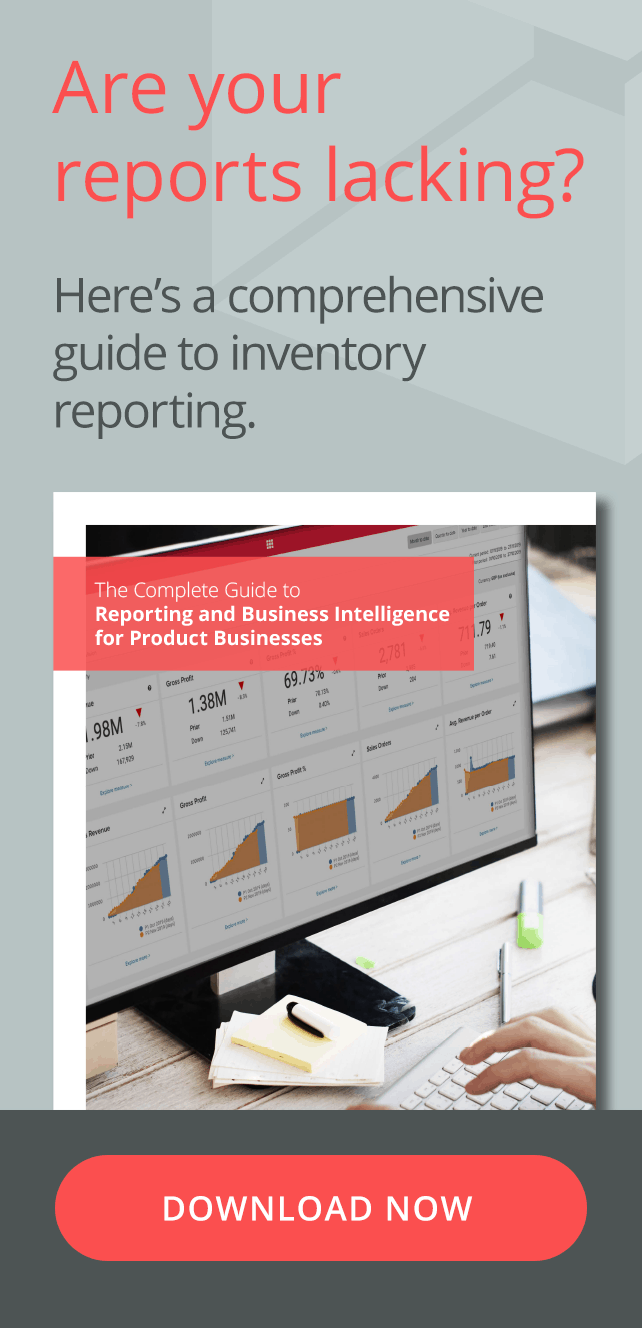Data often gets pushed back on that never-ending to-do list as other day-to-day business operations take priority. However, your business’s information is only as good as the data you use behind it. The five major consequences of poor-quality data are:
- Poor decision-making
- Business inefficiencies
- Mistrust
- Missed opportinities
- Lost revenue
Let’s explore each of these consequences and how to avoid them. This will help increase good quality data instead to reap the benefits of better-informed decision making when it comes to your business.
Poor decision-making
Poor-quality data leads to poor decisions. A decision can be no better than the information upon which it’s based, and critical decisions based on poor-quality data can have very serious consequences. This is another reason why you should make sure that your data actually represents reality.
Business inefficiencies
Poor-quality data causes inefficiencies in those business processes which depend on data from reports to ordering products and just about everything in between for which facts are required. These inefficiencies may result in very expensive rework efforts validating and fixing data errors, instead of focusing on core duties.
Mistrust
Poor-quality data creates mistrust. Especially in industries where regulations govern relationships or trade with certain customers, such as finance. Maintaining good-quality data can be the difference between compliance and millions of dollars in fines. If the data’s wrong, time, money, and reputations can be lost, reflecting adversely on your business and lowering customer confidence.
Missed opportunities
A business may miss a lucrative opportunity for new product developments or customer needs that a competitor with a more advanced understanding of data may capitalise upon.
Lost revenue
Poor-quality data can lead to lost revenue in many ways. Take, for example, communications that fail to convert to sales because the underlying customer data is incorrect. Poor data can result in inaccurate targeting and communications, especially detrimental in multichannel selling.
Cultivating good quality data
To avoid bad-quality data, don’t forget the following five principles when dealing with data:
Accuracy — This relates to the correctness of values contained in the various fields of the database record. Is the name spelled correctly? Are dollar amounts recorded properly?
Completeness — Users must understand the data’s scope and be absolutely clear as to what comprises a particular data element – for example, “total revenue”.
Consistency —Summarised information is in agreement with underlying detail.
Uniqueness — One thing or entity in the real world must correspond to one and only one thing in your data. For example, ABC Ltd and ABC Limited represent the same entity in the real world, so one needs to be eliminated.
Timeliness — Data must be current with respect to the needs of the business, and there should be systems in place for verified users to update or change data manually.
Good quality data is a crucial commodity that is not only desirable but necessary for managing projects, avoiding fraud, assessing performance, controlling finances and delivering services efficiently. While data quality is important, it can often be pushed aside in the rush to manage all of your other responsibilities. Give your business data the attention it needs, so you can benefit from better business decisions, better sales forecasts and better opportunities and deals.




